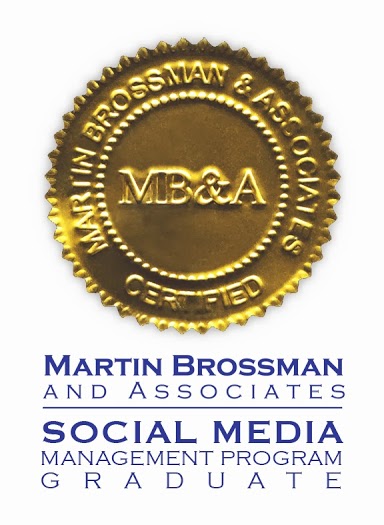One of my clients was thinking about what he needed to know in order to hire his first employee. I put a few thoughts into an article and sent it off to him. He thought the material was useful, and asked for more detail in a few areas. As I added that detail, a 500-word article turned into a 100 page book, now called Hiring is Hard.
This article provides a few ways to think about hiring for a position that a business owner could do, but needs not to do in order to be able to grow the business. (This article will not address whether to hire or outsource, or workplace law, or taxes.)
It can be easy to think about evaluating a potential employee’s technical ability, but sometimes business owners new to the hiring game overlook key aspects of finding the right person for the job. The more clear you can be before you request resumes, the more confident you can be when you find the right person.
Job Description
First, define the role for which you are hiring.
- Why have you decided to create this role in your company?
- What outcomes do you want the person in this position to be able to produce for your business?
- What will the person in the job need to be able to do in order to produce those outcomes? (If you intend to hire raw talent and train the skills you need, you may need to be extra clear about your assumptions, such as dress code, on-time arrival, responsibility for equipment, attitude, customer orientation, and so forth.) If you have never written a job description before, you may want to look at descriptions for similar positions in any of the job sites to see if they include anything you may have overlooked or taken for granted.
-
Is there any tangible, fair, and ethical* test you would be able to give a few superior candidates to evaluate their actual abilities? Not all jobs have obvious tests, and a complete discussion of pre-employment testing options and ramifications is outside the scope of this article. Remember that the test needs to genuinely evaluate the needed for the job.
*Some unethical companies have used presentations or plans developed by job candidates as solutions to real business problems, without compensating (or hiring!) the candidates.
Interview
Amazon lists over 4,000 books about hiring, and another 4,000 about interviewing. I have not read all of them. A key to a successful set of interviews is to define standard questions ahead of time and then take good notes about what each candidate said. Free-form conversations with prospects are almost always going to provide you with an “ideal candidate” who is a good candidate for your new best friend, but not necessarily a good fit for the job you had in mind.
A starter set of questions:
- What are your career goals?
- What are you really good at?
- What are you not good at, or not interested in, professionally?
- How would your former managers rank your performance?



Follow Us!